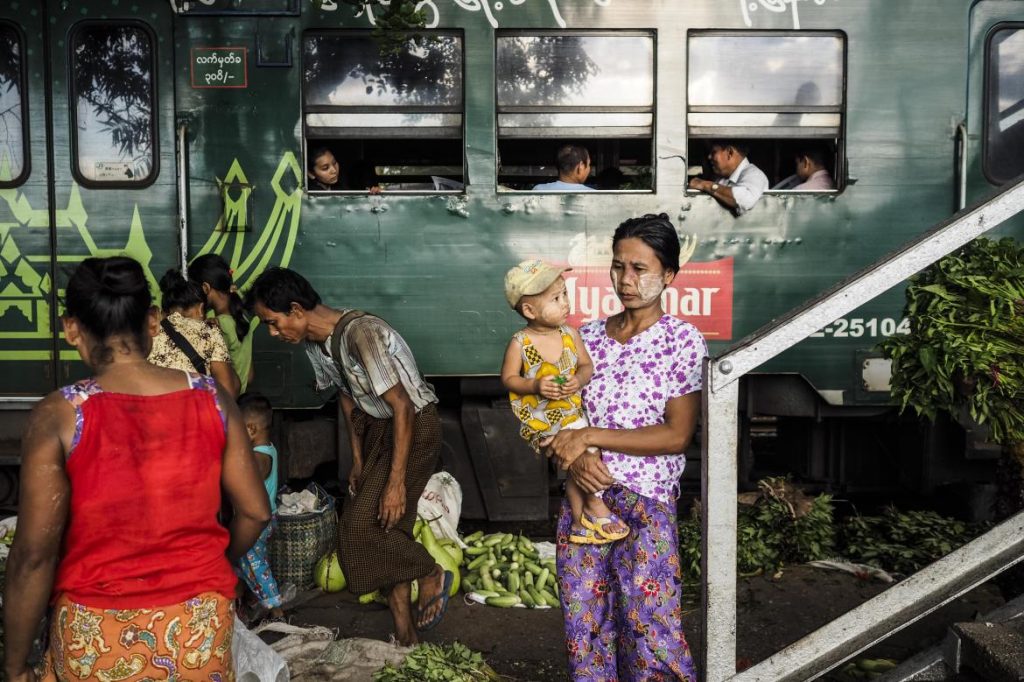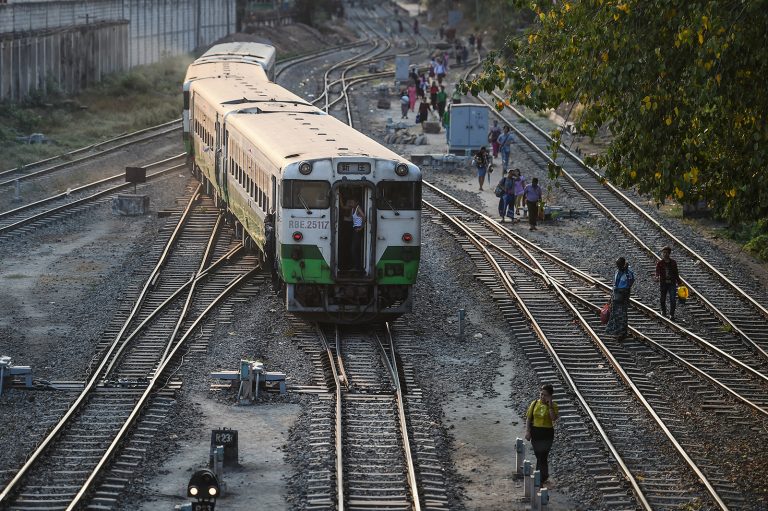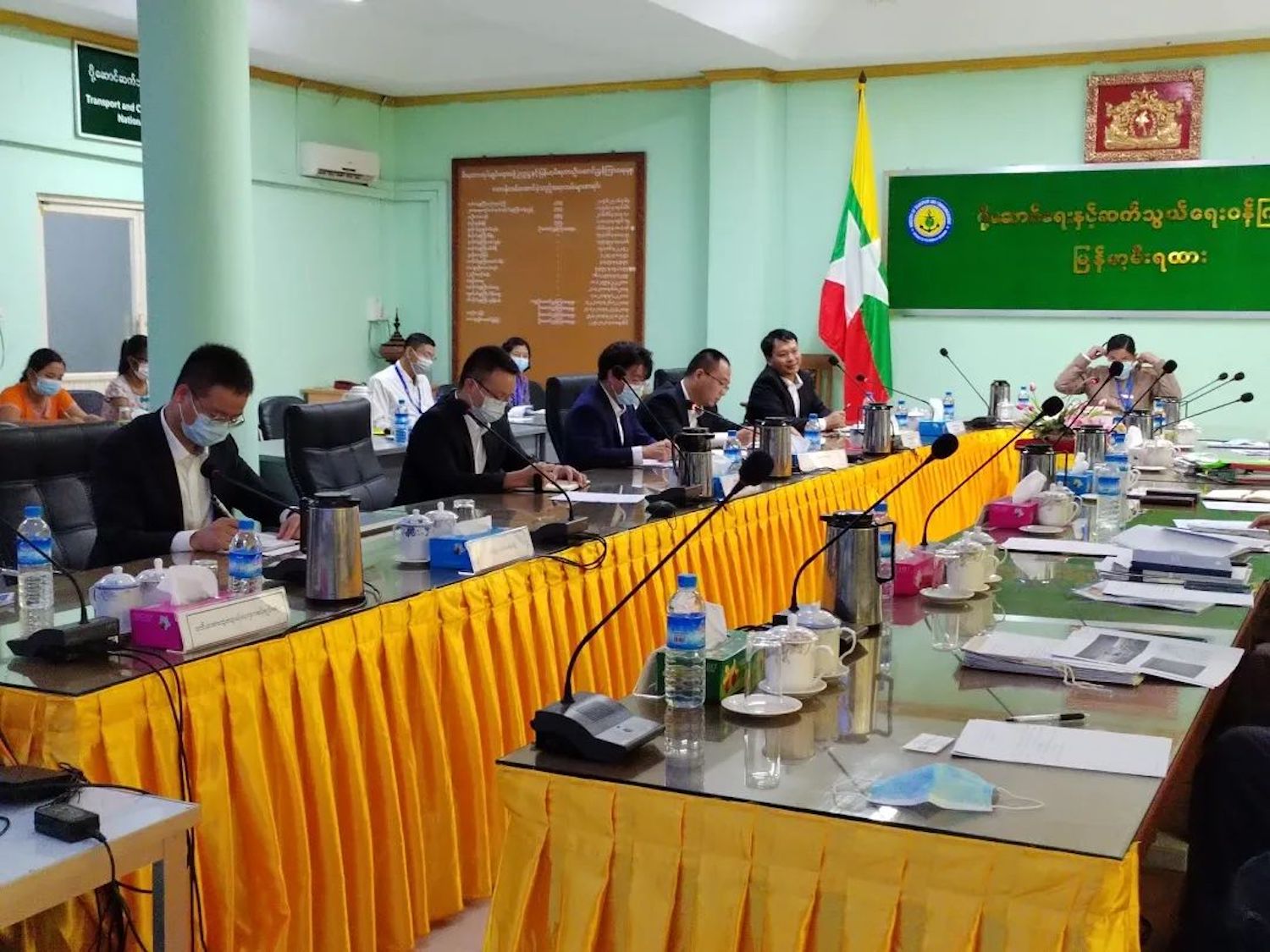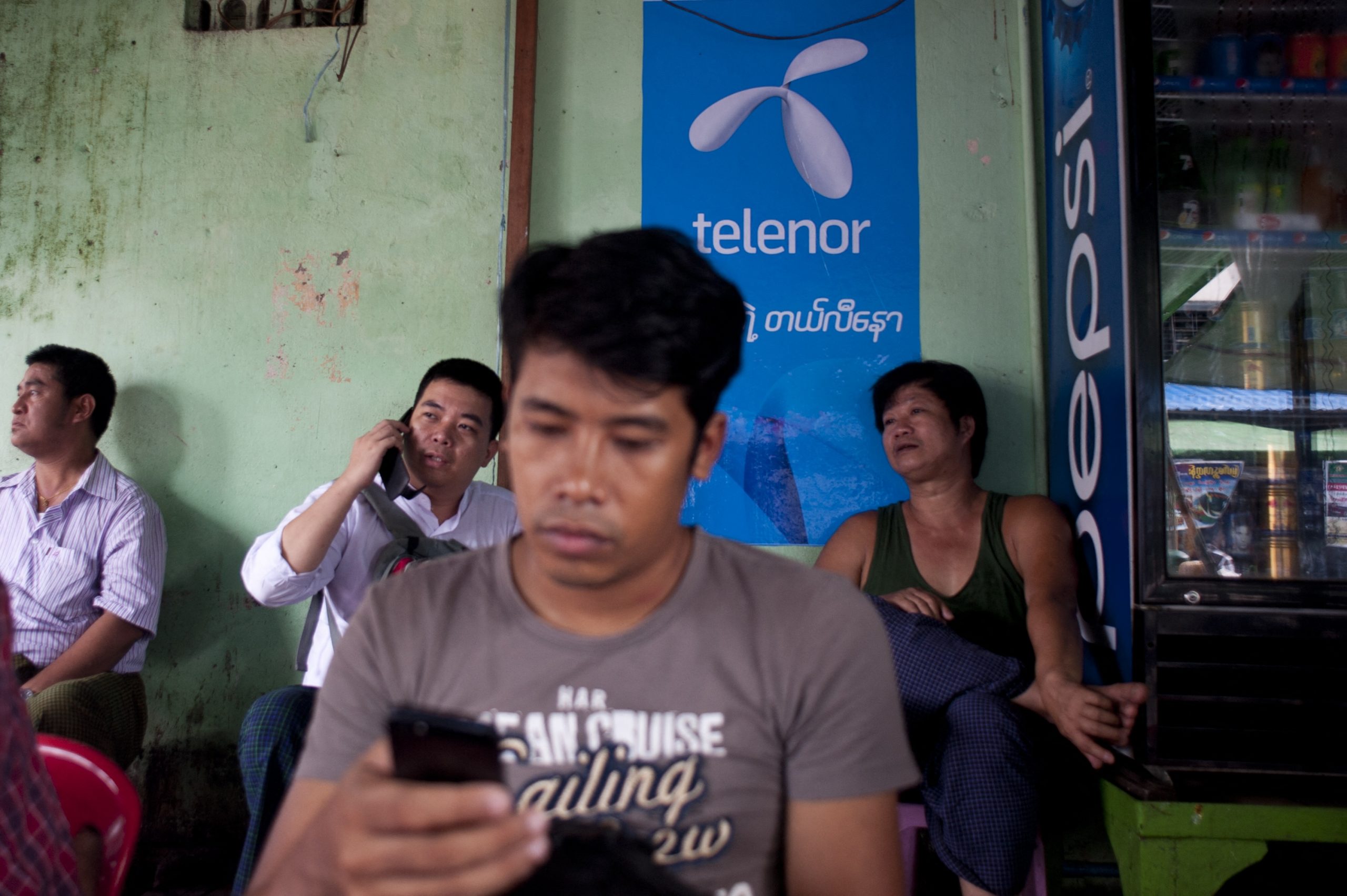There’s something odd about the Ministry of Rail Transportation’s tendering system and the way it spends taxpayers’ money.
By SITHU AUNG MYINT | FRONTIER
During the five-year term of President U Thein Sein some of his government’s ministries were unable to fulfill their responsibilities and were also tainted by perceptions of corruption.
One of them is the Ministry of Rail Transportation.
On February 1, the ministry invited tenders to buy coaches worth US$2 million. It is not clear when the tender closes but the only company known to have submitted a bid so far is Japan’s West Corporation. Curiously, Eleven Media has reported that West Corporation unloaded some coaches at Thilawa port a few months before the invitation to tender was announced.
Also curious is that West Corporation is the only company so far to submit a tender. It might be that other companies have not submitted tenders because the invitation to bid was not widely known — which in itself raises questions about transparency — or perhaps they believed there was no point tendering because a deal had already been made.
Support more independent journalism like this. Sign up to be a Frontier member.
West Corporation was in the news last July when it signed a reported $3.88 million agreement with the ministry for an electric tram service on Strand Road. The service, linking Linsadaung and Wardan Street, was launched on January 10 and initially attracted many passengers, but many wanted to ride the three-carriage service for novelty’s sake. Nearly two months since it was launched the tram service has few passengers.
Millions commute to work daily in Yangon but the maximum capacity of the tram service is about 460 people and it is regularly carrying fewer than 100 passengers. The $3.88 million spent on the service has provided little benefit to the public and is an unnecessary waste of taxpayers’ money. It is difficult to understand how the ministry could justify spending so much money for a service covering a fairly short distance. A bus service could have been provided on the same route without having to spend a kyat of public money.
In another deal last year, the ministry bought BRE rail coaches to run between Pazundaung station and Dala Jetty. The service ran five to six trips a day when it was introduced but has since been reduced to one trip because of a decline in passengers. Despite this, the ministry imported more re-conditioned BRE coaches for the route. Is that curious?
The ministry has some potentially profitable routes, such as Yangon-Mawlamyine, Yangon-Nay Pyi Taw-Mandalay and Yangon-Bagan, but they are the subject of complaints about high fares, inconvenient timetables, delays, an outdated ticketing system, and poor management. For these reasons, together with the theft of diesel, the railways transport business always runs at a loss.
But despite running at a loss, the ministry can afford to buy used coaches and locomotives to operate on unprofitable routes. The source of the revenue that enabled the ministry to make its curious acquisitions is all around you when you’re travelling by road.
It is a little known fact that the Road Transport Department, known by its Burmese acronym as Ka-Nya-Na, is under the Ministry of Rail Transportation.
All imported and domestically-made vehicles must be registered with the RTD and the fee is not cheap. Since automobile imports were liberalised after the change of government in 2011, more than 530,000 vehicles have been brought into the country. Depending on the type of vehicle, the registration fee is at least K1.6 million (about $1,300). With fees averaging about K2 million a vehicle, this means the RTD has earned more than K1000 million ($1 billion) since 2011. This is the source of the funds that the ministry has been using to buy second-hand coaches and locomotives that have brought little benefit to the public.
The National League for Democracy has always taken a firm stand against corruption. When the NLD government takes office in April it should undertake a thorough investigation of the Ministry of Rail Transportation and its tendering system. Ministries must not be corrupt and they must not misuse public money.







